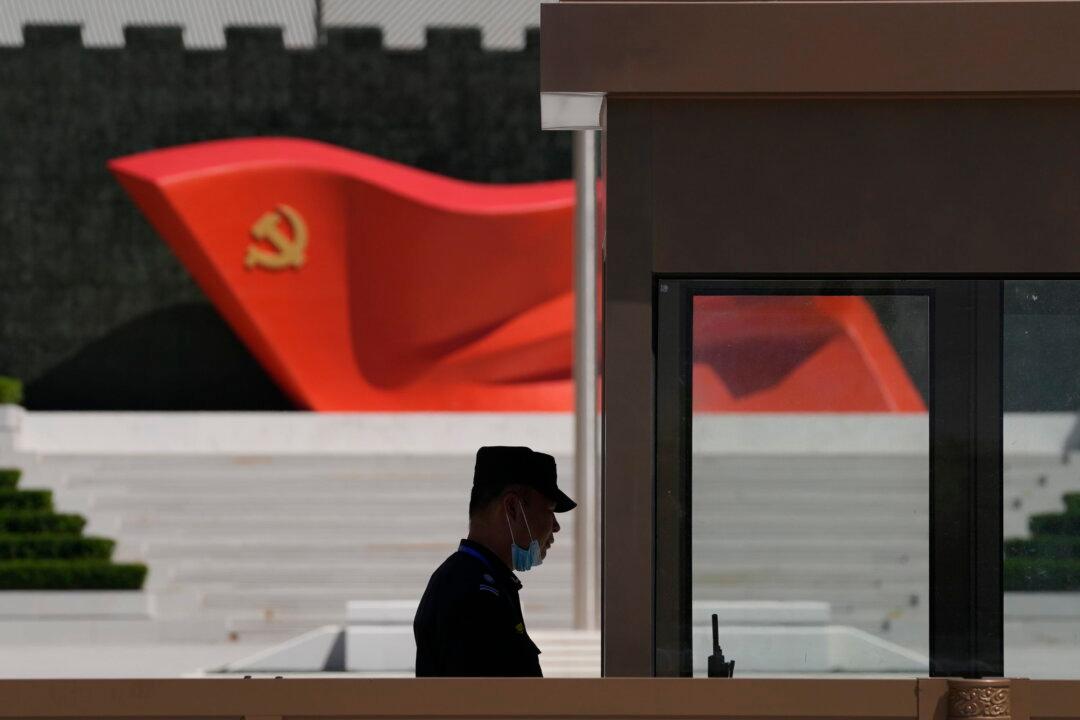A Belgian politician has been booted from his party after allegedly serving as an asset for a Chinese communist spy ring for years.
Frank Creyelman, a former Senator and honorary member of the Belgian Parliament, allegedly sought to influence European policy on China-related issues and to worsen U.S.-European relations on behalf of the Chinese Communist Party (CCP), according to a trove of leaked text messages.




